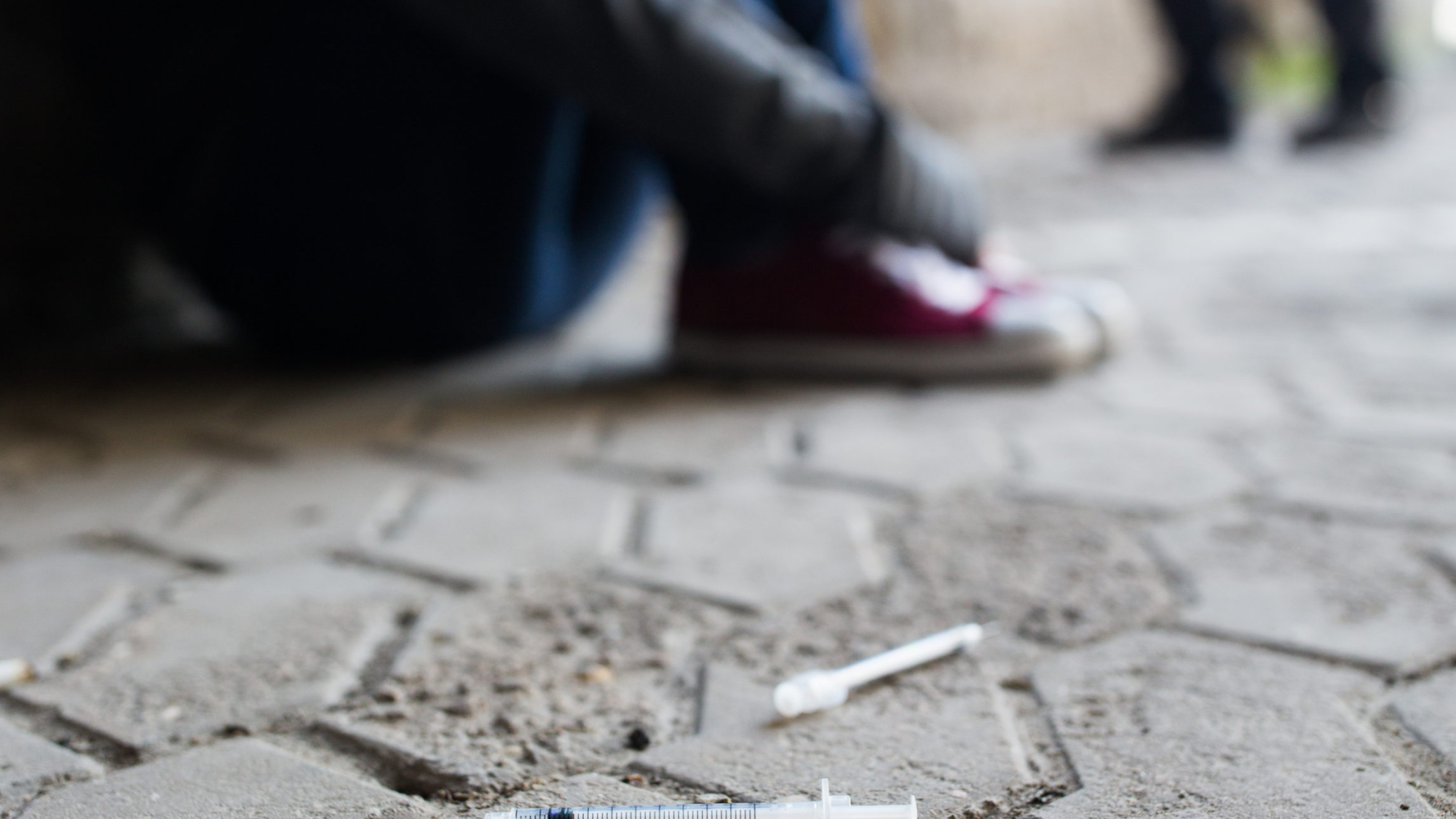Teens often experiment with drugs for many different reasons. Although alcohol, tobacco, and marijuana are the most common substances used by teens, there are many others that parents and caregivers should be aware of that are also commonly abused. Some are prescription or over-the-counter drugs that are abused, and some are entirely illegal drugs.
What are the 10 Most Common Drugs Abused By Teens?
The following data represents the most common drugs abused by teens and the percentage of teens that have used each substance in the past year.
- Alcohol
- Tobacco/Nicotine
- Marijuana: 36.4%
- Amphetamines: 8.7% (the top drug used in this category being Adderall at 7.4%)
- Synthetic marijuana: 7.9%
- Prescription painkillers: 7.1% (the most common drugs in this category are Vicodin at 5.4% and OxyContin at 3.6%)
- Cough medicine: 5.0%
- Sedatives: 4.8%
- Tranquilizers: 4.6%
- Hallucinogens: 4.5%
Why Do Teens Abuse Drugs?
There are many reasons teens might abuse drugs. It depends on the individual, their personality, environment, and more. Some reasons that teens may abuse substances include:
- Trying to fit in – Teens will often use drugs when they perceive that everyone else their age is doing it. They don’t want to miss out, and they want to be able to fit in, so they experiment with drugs too. This is especially true for teens who have a friend group actively using drugs.
- To feel high – Drug use can cause the brain to release a lot of chemicals that cause a “high” or a feeling of euphoria. Teens will often experiment with drugs in effort of chasing this high.
- To ease difficult emotions – Teens will often use drugs to feel better when they are experiencing depression, anxiety, or stress. They may use it to numb the pain or to experience euphoria in place of that emotion.
- To increase performance – Teens may often use stimulants such as Adderall to improve performance athletically or academically.
- To experiment – Teens may just be curious about what it is like to do certain drugs and try them for this sole reason.
What are Signs of Teen Drug Abuse?
Sudden changes in behavior without a clear explanation for the change are often an indication that substance use may be an issue. Here are some signs to look out for:
- Frequently changing friends.
- Decreased participation in activities that they used to enjoy or withdrawing from social circles. This can include quitting sports teams or clubs they used to enjoy, staying in their bedrooms more often, not talking to family members, or not going out on outings with old friends.
- Breaking the rules, such as curfew, and coming up with fabricated explanations for this behavior.
- Unusual aggressive outbursts. It may feel like walking on eggshells around them because they are unusually irritable.
- Confronting them about possible substance use is met with an angry reaction.
- Their grades start to slip noticeably, and they start skipping class or entire schooldays.
- Mood swings.
- Bloodshot eyes, dilated pupils, or pinpoint pupils.
- A general lack of motivation affecting their school behavior, hygiene, and household chores.
- Uncharacteristic behavior, such as stealing, lying, or disrespecting authority figures.
How to Find Addiction Treatment For Teens
It can be challenging to try to help your child with their addiction. It’s tough when they are not ready for treatment. However, talking with them, going over their options, and letting them know that you will always be there for support can be helpful. Once they are ready for treatment, it’s important to point them in the right direction of trusted mental health professionals that are trained in substance use. The Last House can help.
The Last House has been around for over ten years to help men strive to achieve sobriety in their life. We offer a supportive environment with skilled staff whose passion is to help those with addiction concerns and services that promote building skills to maintain a sober lifestyle. Our program includes groups, therapy, accountability, and exploring sober activities. When you leave The Last House, you will leave with long-lasting connections and the skills you need to continue your sobriety long-term. The Last House is connected with Thrive Treatment to easily contact quality treatment teams to ensure the care you are getting is consistent.
Contact us today to learn more about our program and how we can help you.


Leave Your Comment